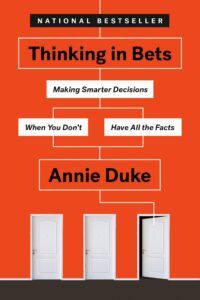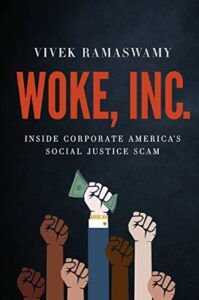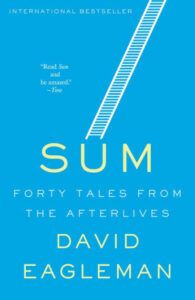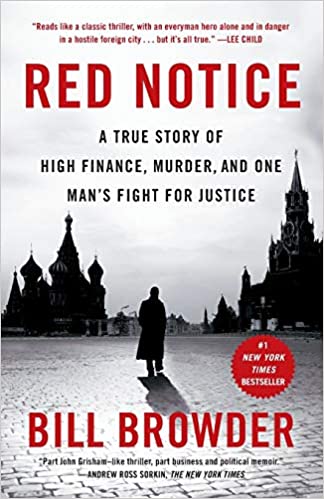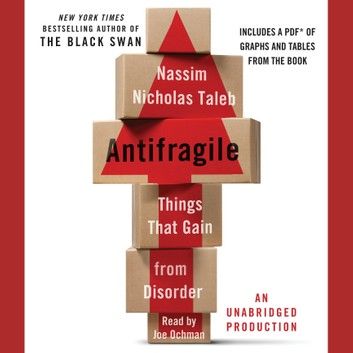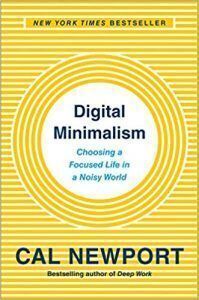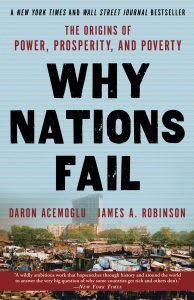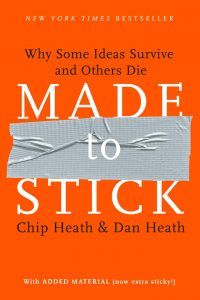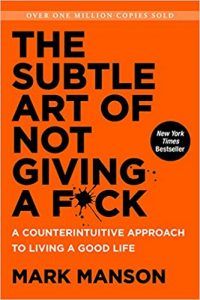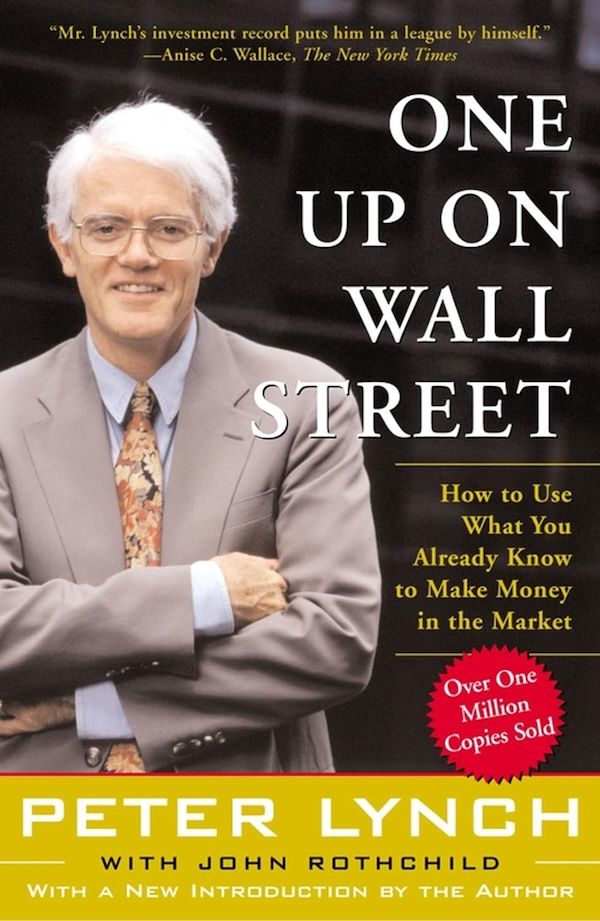
Book Summary: One up on Wall Street by Peter Lynch
One up on Wall Street by Peter Lynch is an impressive book about fundamental analysis for stock picking. Following is my terse summary of the same. Emphasis on Fundamental Analysis Look around for companies that are performing well and invest in them before Wall Street institutional investors pick them In the long run, common stocks give the best rate of returns Only basic math is needed to analyze and pick stocks “Don’t gamble, invest your savings to buy good stocks and hold them till they go up and then sell them. If it doesn’t go up, don’t buy it” Investing directly in common stocks is a seven-card stud-poker hand Rules of investing in the market Buy a home (≠ house) before stocks Only invest what you can afford to lose (without impacting your daily life) Patience, Common sense, and willingness to do independent research Ignore short-term fluctuations There is nothing called a good or bad market Predictions are futile ...
